Equate Beauty Advanced Healing Ointment, 14 Oz
Transform dry, chapped, cracked pores and skin with Equate Beauty Advanced Healing Ointment, 14 ounces. Equate Beauty is familiar with that splendor isn’t simply pores and skin deep. With a large selection of the modern beauty products Equate Beauty helps you be your nice you. From remedies to little indulgences, with formulations tailored to fit all skin kinds, there may be an Equate Beauty answer for every want. This cracked skin ointment is designed to ameliorate the driest, extra indignant skin, with a wealthy formulation this is paraben, phthalate, quaternium 15 and fragrance-free. It’s dermatologist-tested to make sure safe use on all skin sorts, including sensitive pores and skin. Equate Beauty’s method functions the same substances as Aquaphor Healing Ointment, for the same awesome effects. The wealthy, dermatologist ointment may be applied to dry fingers, feet, elbows and every other trouble regions; it could be used with gloves or socks for severe overnight restore. Each clean-open jar includes 14 oz..
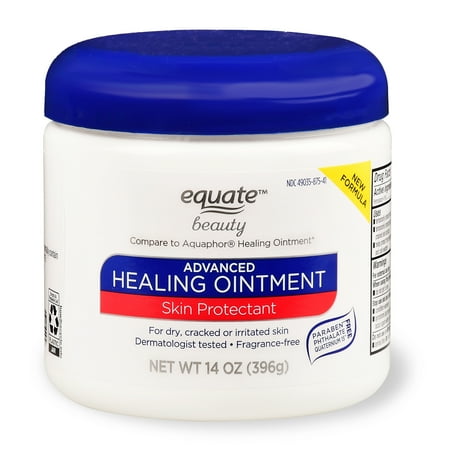
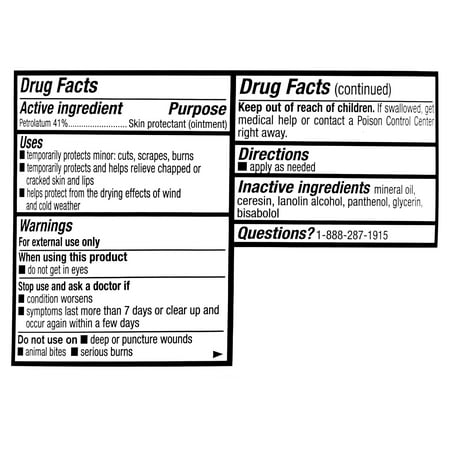
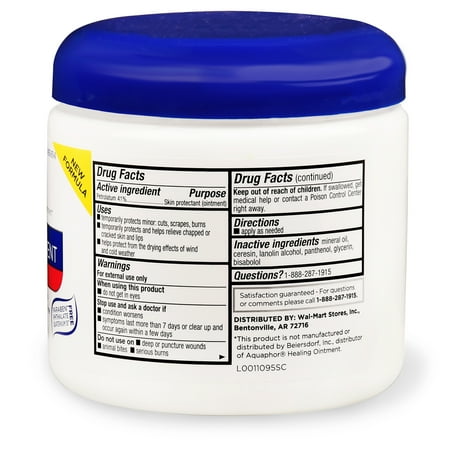
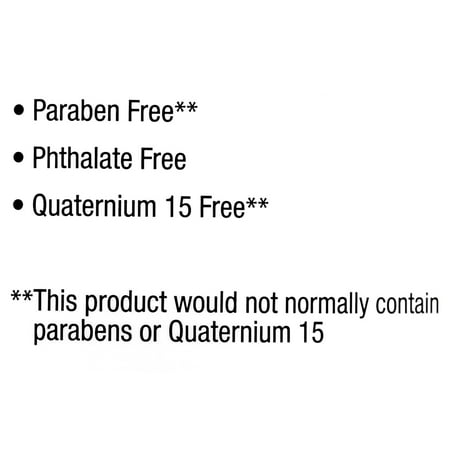
Equate Beauty Advanced Healing Ointment, 14 oz.Dermatologist testedFor dry, cracked or irritated skinIntense formula is the maximum similar to Aquaphor Healing Ointment, presenting the equal active ingredients Easy to open jar Net weight 14 ozCracked skin ointment best for dry, chapped, cracked skinIdeal for arms and feetParaben, phthalate, quaternium 15 and perfume-freeSafe for all skin sorts, together with touchy pores and skin For extreme foot remedy, observe the dermatologist ointment liberally to your palms or toes and put on thick cotton gloves or socks; leave on in a single day and wake up to softer, smoother, more healthy skin within the morning


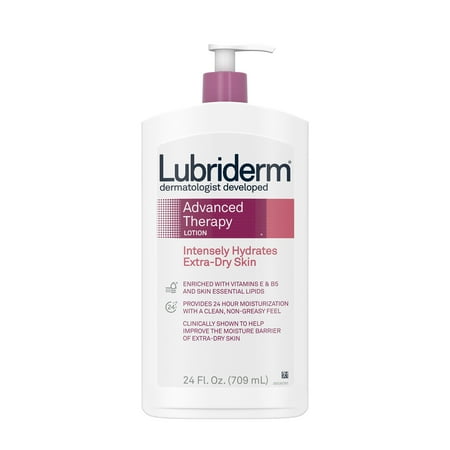
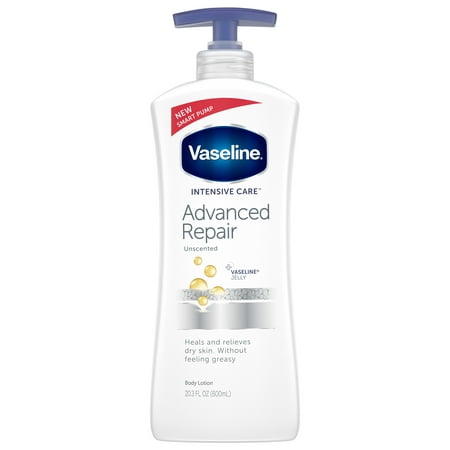

Reviews
There are no reviews yet.